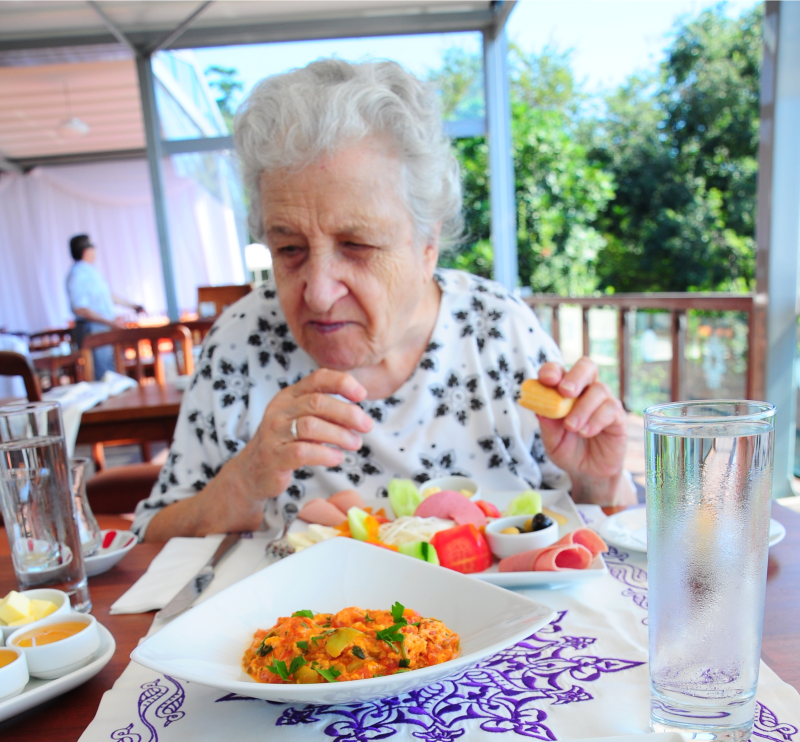Eating Disorders in the Elderly

Have you noticed the following in your elderly loved ones?
- Frequently going to the bathroom after every meal
- Dental Issues or Dental damage
- Hair Loss coupled with gastrointestinal issues
- Isolation during mealtime
- Increased sensitivity to cold substances
If you do, then you have to encourage your loved one to visit the doctor because these are early symptoms of eating disorders. Since we have already been used to the thought that eating disorders only happen to the younger generations, we often dismiss these signs and ignore them. We fail to recognize that older adults may also experience this health issue and we tend to address them only when they have gone worse already.
The following list will give you a brief overview of some common eating disorders. Concerned home health care services in Columbus, Ohio would want you to take note of them so you will know when to seek professional help.
Types of Eating Disorders
- Anorexia. This particular eating disorder is closely associated with the brain and is considered as a serious mental illness. People who are anorexic has the obsession to keep their body weight low and use various unhealthy methods like excessive dieting, forced vomiting, too much exercising, and laxatives.
People who have low confidence and self-esteem often fall victim to this condition. Hence, it is not surprising that there are a number of older adults who inhibit the idea of maintaining an overly-low weight, which then eventually turns into anorexia.
- Bulimia. Common signs of people who experience this condition are feeling bloated, unexplained exhaustion, abdominal pain, constipation, or swelling of feet and hands. Bulimia is also considered as a mental illness wherein a person thinks that one has lost control of his/her eating habits.
This eating disorder often develops at an older age compared to anorexia.
- Binge Eating Disorder or BED. As the word suggests, binge eating disorder is the practice of consuming large quantities of food over a little amount of time. Usually, people with BED still eats even if they are not yet hungry. They lose control of their eating habits and overeat most of the time.
Depressed individuals and those who have lost their confidence and self-esteem are at high risk of this eating disorder. This is the reason why this condition is starting to become more prevalent among senior citizens nowadays.
- Emotional Overeating. People who resort to eating during down times have a high probability to develop this disorder. When you let yourself give in to your cravings and hunger every single time you feel negative emotions, these cravings will eventually turn into this eating disorder, which is actually just a pigment of your thoughts.
The prevalence of depression among the elderly is closely related to this eating disorder. Some senior citizens who feel ignored, ashamed, and problematic resort to eating their hearts out instead of pouring their emotions to someone they trust. Unfortunately, this habit leads to emotional overeating.
Some people may not believe that the elderly could develop these eating disorders. However, despite the denial of many, these disorders continue to crawl to the elderly population.
Eating disorders are actually starting to become more and more prevalent among older adults, and Boschulte’s Pride believes that it is everyone’s responsibility to raise awareness and prevent this from further proliferating our society.




